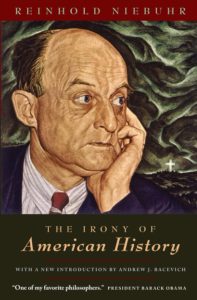
We live in a world touting the maxim “œbigger (or more) is better”; bigger homes, bigger bank accounts, more clothes, bigger status, bigger dreams, more aspirations, etc. Tremendous pressure exists to achieve and produce big things. This mindset is evident in many of our spiritual lives as well. Many blog posts, books and some sermons actively encourage believers to accomplish big things for the Kingdom and for God. Emily Freeman‘s latest release, “œSimply Tuesday“ suggests the opposite.
Freeman suggests real life happens within the small moments of the everyday. An ordinary day, like Tuesday can, and often does, contain the moments worth holding on to. We need to be reminded we weren’t called or made to do it all”¦just our part. “œThe soul and the schedule don’t follow the same rules”.
Freeman’s work runs counter to the current culture we’re experiencing of “œmore”. Consider a sampling of chapter titles from “œSimply Tuesday”: Stairwells & Stages: Learning to Receive the Gift of Obscurity, Community & Competition: Finding Safe Places to Feel Insecure, Children & Grown-Ups: An Invitation to Move Downward with Gladness. The author reminds her audience of the beauty in living small, ordinary lives and illustrates the life of Christ as an example. Ministry happens in the small moments too.


 Summary: A retired Inspector Gamache continues to need to respond to the deaths around him in Three Pines.
Summary: A retired Inspector Gamache continues to need to respond to the deaths around him in Three Pines.